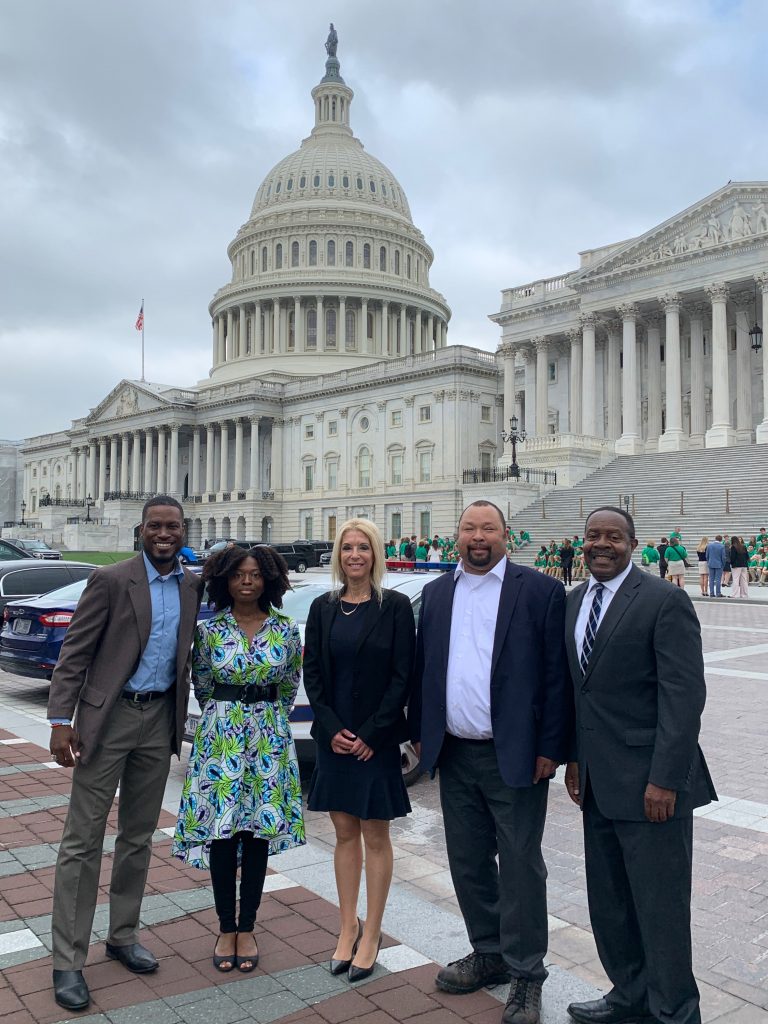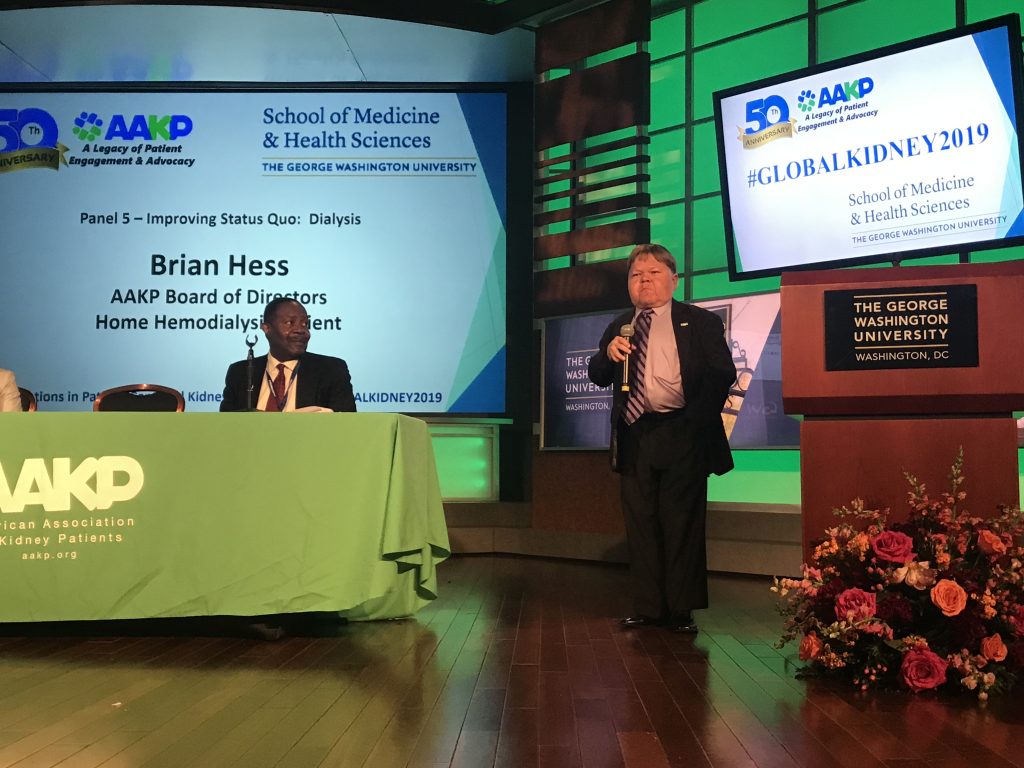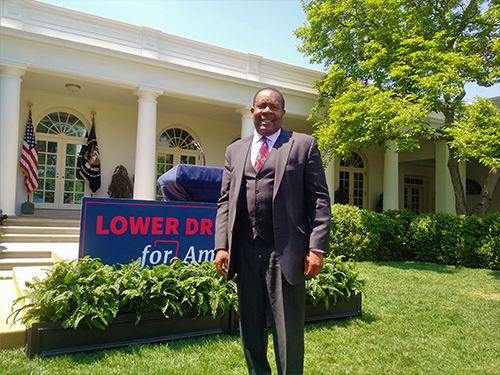Richard Knight shares some thoughts as his term as AAKP President ends.
It has been more than an honor to have you serve as President of the AAKP. Can you share with us what inspired you to get involved with the organization back in 2008?
In 2008, I worked with Network 5’s Patient Advisory Committee (PAC). Renee Bova-Collis, MSW, LCSW, was head of the PAC at the time, and suggested I apply for a Board of Directors position at AAKP; she herself was a Board Member of the organization. I did not know about AAKP at the time but was very interested as my goal was to become more involved in the kidney community. I applied and was accepted onto the Board. I attended my first AAKP meeting in September 2008. I was a new Board member so I started out reserved and wanted to give it some time before deciding how involved I should become. One thing I was certain of was that I could have a much greater impact on the patient community with an organization than on my own. My primary motivation has always been to help fellow patients avoid many of the challenges I faced in dealing with the health care system. After some time, I knew AAKP was the right fit for me. Throughout my tenure with the organization, I’ve held a variety of positions such as chair of the Policy Committee, Vice President, and of course, the President role.
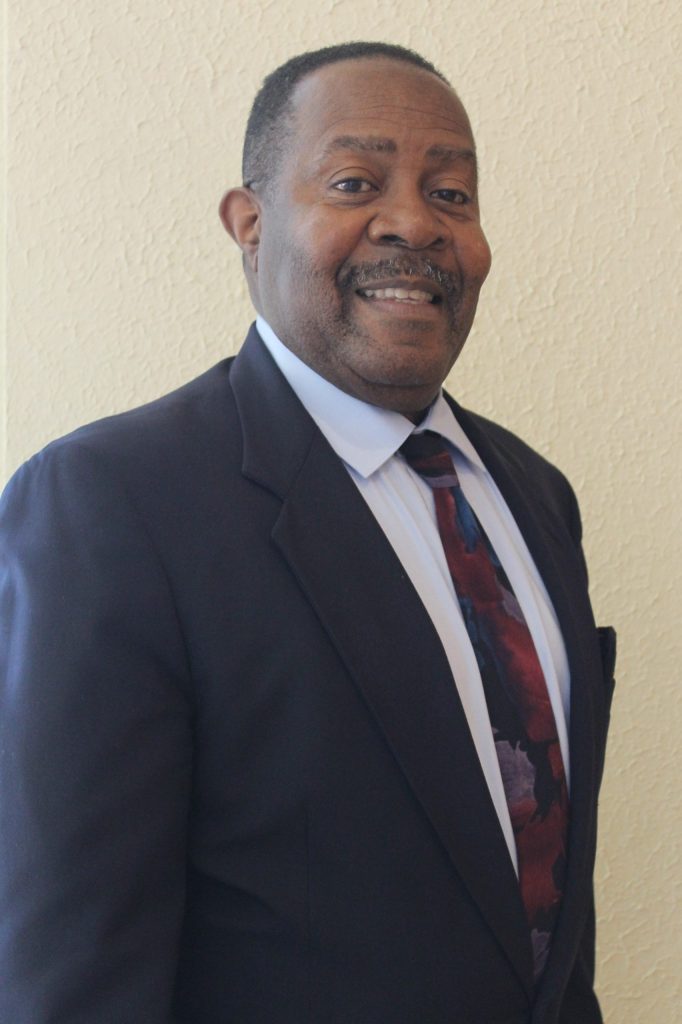
As President of a national organization, throughout your term you were involved in a number of events and activities that took you across the U.S., as well as engaged you in efforts on a global level. But you always took time to interact with a number of community support groups at the local level. Can you share with us why this was an important part of your presidency?
Of course. AAKP is national and more recently, global, with the launch of AAKP Global™ in 2018 and the announcement of the AAKP-initiated Decade of the Kidney™ in 2019. However, we must not forget to always stay in contact with our fellow kidney warriors receiving in-center dialysis throughout local communities as well as those who may be living in the isolation of home dialysis. Community support groups offer other leaders in AAKP opportunities to speak with our fellow patients personally. My meetings with leaders in research, industry, and government are better informed because I truly represent the voice of so many patients. Further, by remaining engaged at the local level, my fellow patients keep me focused on what is important to them. Many patients participating in support groups that are not also engaged with national advocacy groups may not get involved in large efforts to support change and innovation in the kidney space, such as research or survey opportunities, but their unfiltered voices are just as important, and I’ve always been committed to representing that voice.
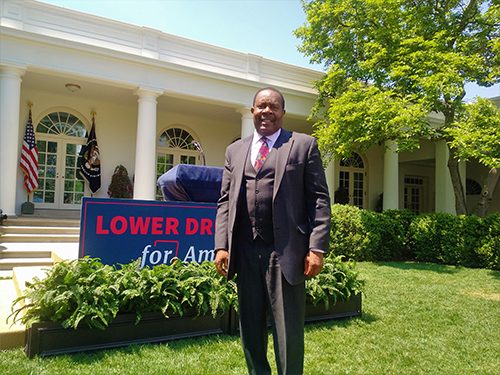
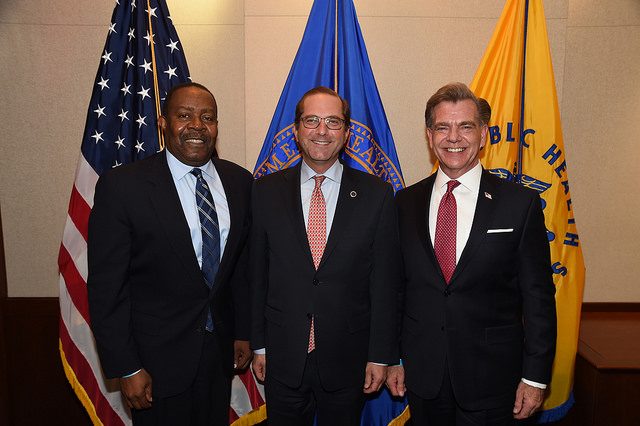
Over your term as AAKP President, what was one of the most meaningful projects or initiatives that you were involved in, and why?
The role that I, along with my good friend and AAKP colleague Paul Conway play in the Kidney Precision Medicine Project (KPMP) is significant. We started on the effort before it became an official funded project in 2015. The role patients play in this project is the epitome of patient engagement. In the future, this project will be recognized as a tremendous change in how kidney patients are diagnosed and treated. The KPMP 2.0, as it is called, is entering the second five years of funding, and AAKP remains a critical participant in this ground breaking effort.
As AAKP President, you met many fellow patients across the world. Please share what patient or patient story has stuck with you and inspired you to continue the fight against kidney diseases?
I met Bernard Holmes during my first month at my dialysis facility in 2004. He spent nearly 30 years on dialysis and continued to serve patients. Bernard mentored me at the facility and encouraged me to become an expert on myself. I was honored when he suggested I consider replacing him on Network 5’s Patient Advisory Committee (PAC). Bernard believed I could help other patients and encouraged me to engage more on patient issues.
Since that time, I have met dozens of great, courageous patients. The Patient Profile stories that are featured in this magazine just scratch the surface of some of the amazing kidney warriors I’ve had the honor to know and meet.
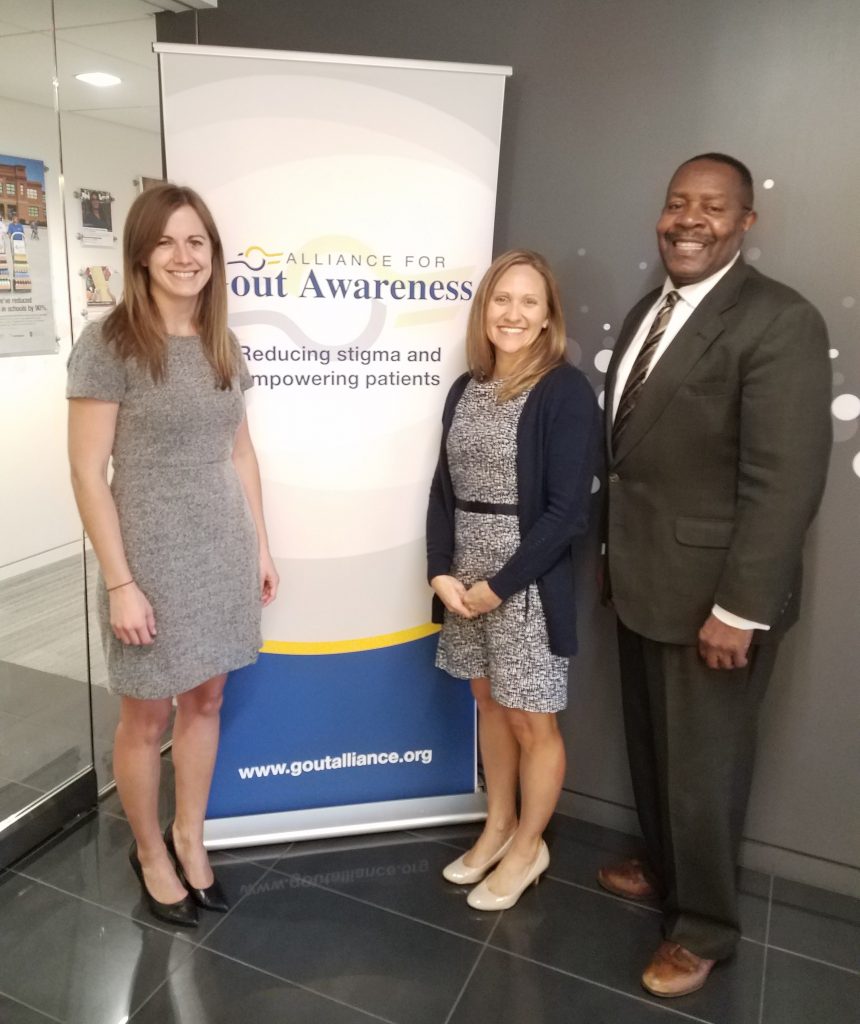
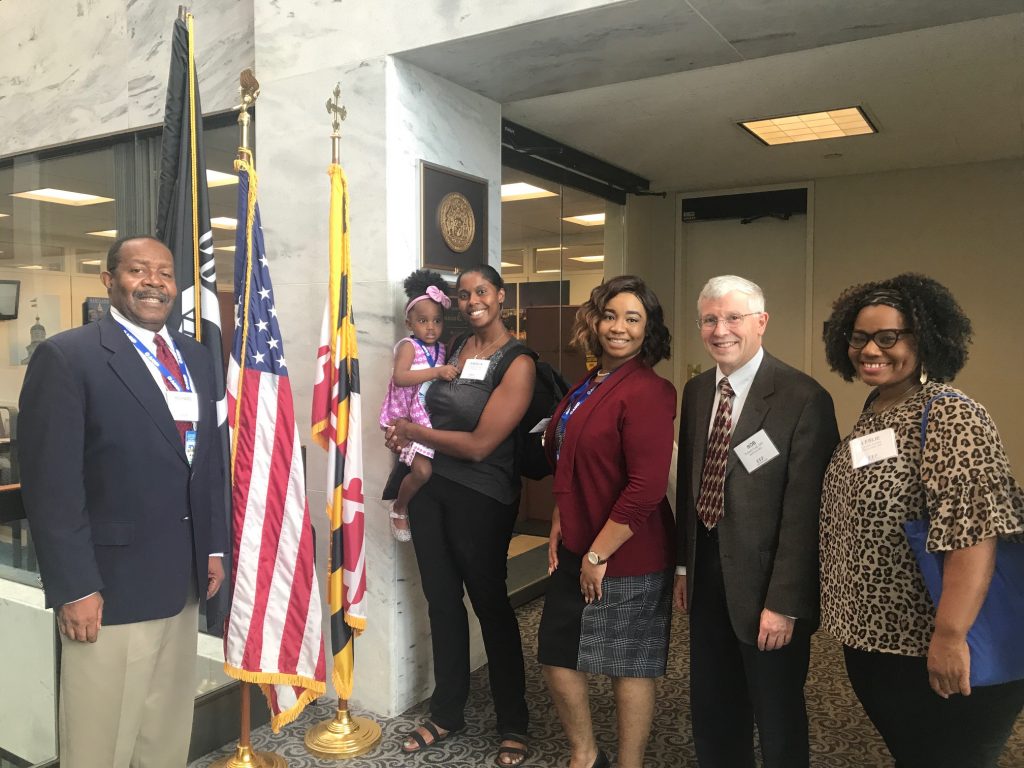
Over the last 50 years, advancements and innovations in kidney disease have been slow compared to other chronic disease conditions. However, within the last few years, the kidney community has seen a resurgence in funding, research, and companies entering the space to disrupt status quo kidney care. How does this make you feel? As you regularly say, “If you don’t have hope, you don’t have anything.”
We must continue to move forward because we have miles to go before we are done. At last, we are making progress in advancing kidney care and aligning treatment with a person’s life goals and aspirations. Many healthcare professionals in academia, professional organizations, and industry are accepting the concept of patient engagement and the importance of involving patients in their research and development of new technologies, drugs, and medical devices. In recent years, AAKP has formed relationships with these academia, institutions, and federal agency and industry partners to inform them how to work with patients and incorporate the unique insights of patients into all stages of research and product development. AAKP supports and encourages their ongoing efforts to ensure patients are a key stakeholder. AAKP also brings an added nonpartisan dimension of working with legislators, regulators, and the Executive Administration to ensure that the patient has a voice at the decision- making table regardless of which party is in office. The results are evidenced by the progress that has been made in the kidney arena over the last decade. AAKP patients have helped gain lifetime transplant drug coverage for kidney transplant recipients (2020); new patient-centered policies via the White House Executive Order on Advancing American Kidney Health (2019); new job protections for living organ donors from the U.S. Department of Labor (2018); and Congressional legislation allowing HIV-positive organ transplants for HIV-positive patients
(2013).
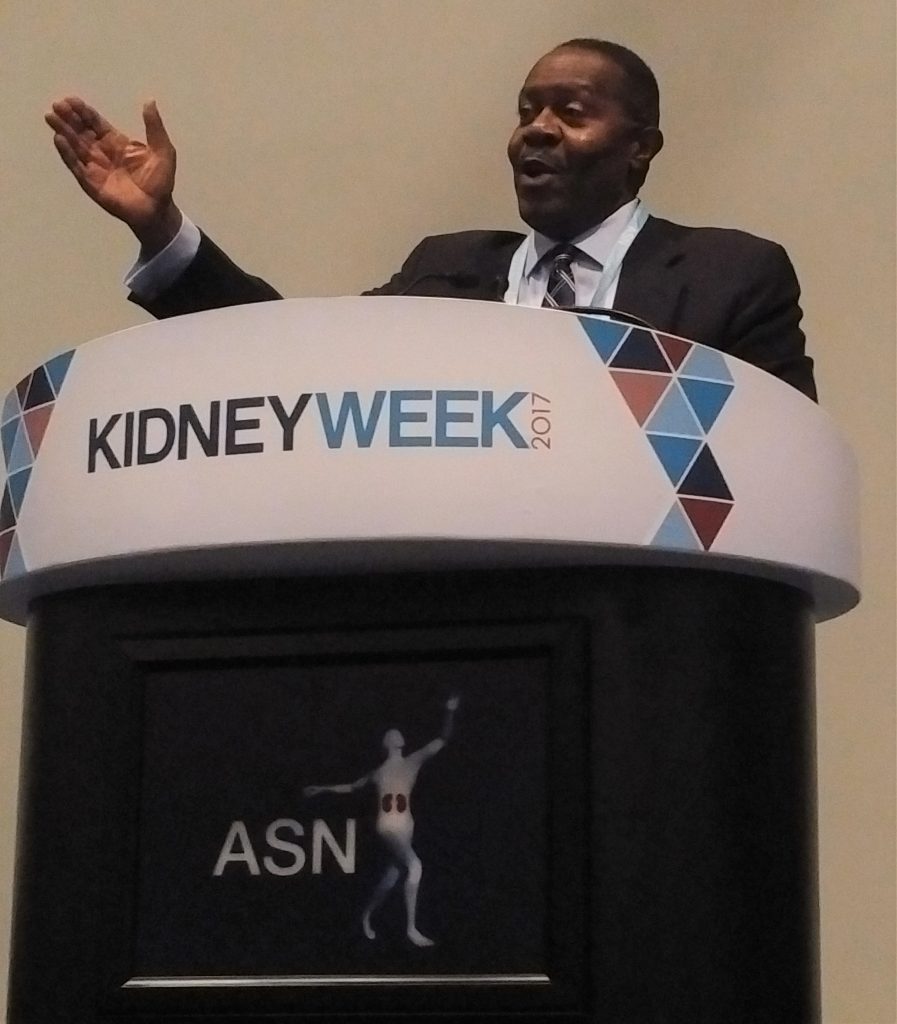
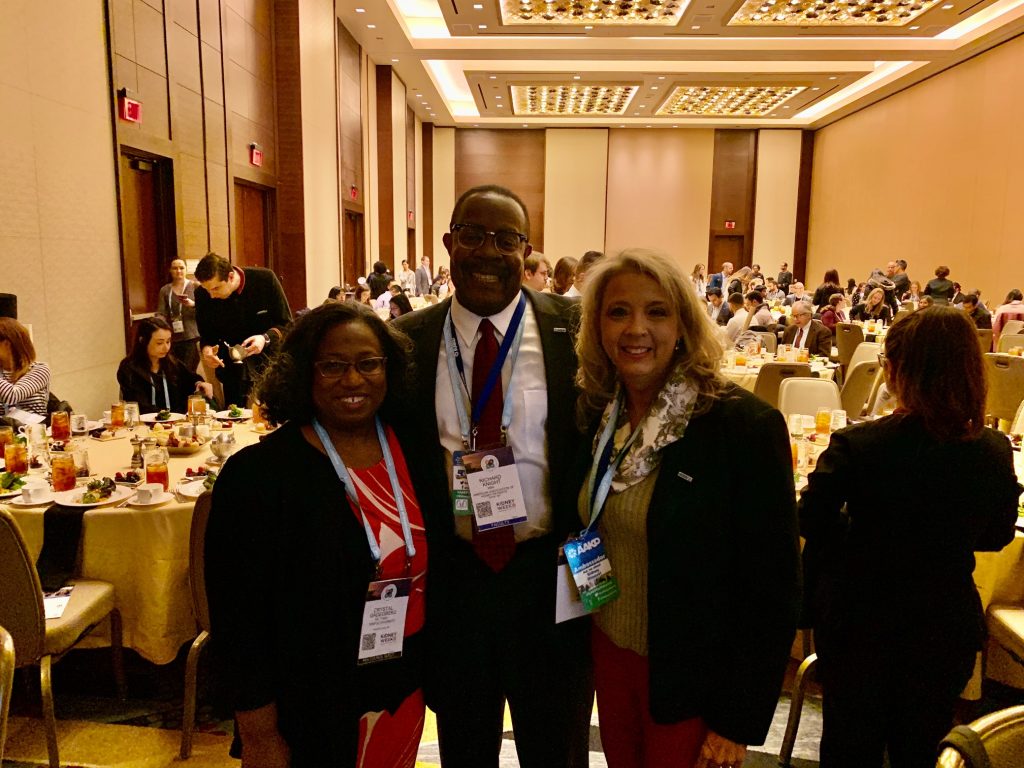
Transitioning into the Immediate Past President position, you will remain engaged in a leadership role with the AAKP. What do you plan to focus your efforts on?
Although I’ve enjoyed my time as AAKP President, it’s time to turn over the reigns after a great four years in this role. Prior to becoming President, I was Vice President under AAKP’s former president, Paul Conway, who now holds the role of Chair of Policy and Global Affairs. Together, we saw the possibility of what could be in the kidney space and how AAKP was THE patient advocacy organization to lead the way to innovations and advancements that improve treatment, care, and quality of life. In 2014, we developed and implemented a new National Strategy for the organization, and born out of that was AAKP’s Center for Patient Research and Education and Center for Patient Engagement and Advocacy. Much like a football game, AAKP’s National Strategy is like a playbook. We are guided by our key distinctives, principles, and simply put, doing what is right for patients. As I transition into the Past President role, I will continue to advance efforts on transplantation and addressing disparity issues.
And lastly, a question AAKP commonly asks during all interviews: please share with us your hero and why?
That is a tough question for me. I admire many people, especially those who have overcome the odds and achieved success and fulfillment despite challenges. One of my heroes is the late Brian Hess (1981-2020), former AAKP Board Member. Many AAKP members will remember Brian as a person who always had a smile on his face and a joke in his back pocket. He was diagnosed with kidney disease as a young child, so at a young age, had already experienced all the kidney replacement therapies possible and had multiple transplants. However, at his young age, he was a mentor to all. We talked regularly and he would always inquire about what else he could do to help the organization. Brian loved to travel to Washington, D.C., to advocate on behalf of the patient community. He even walked the halls of our Capitol that he walked a hole right through his shoes. I will always remember his commitment to helping other patients and as a relentless kidney advocate. Once, I arrived at an airport at the same time as him, and I was in awe at the size of the home dialysis machine and the supplies he traveled with on every trip. Brian was so knowledgeable about all forms of dialysis and kidney diseases overall. I will always remain proud to have served with him on AAKP’s Board.
